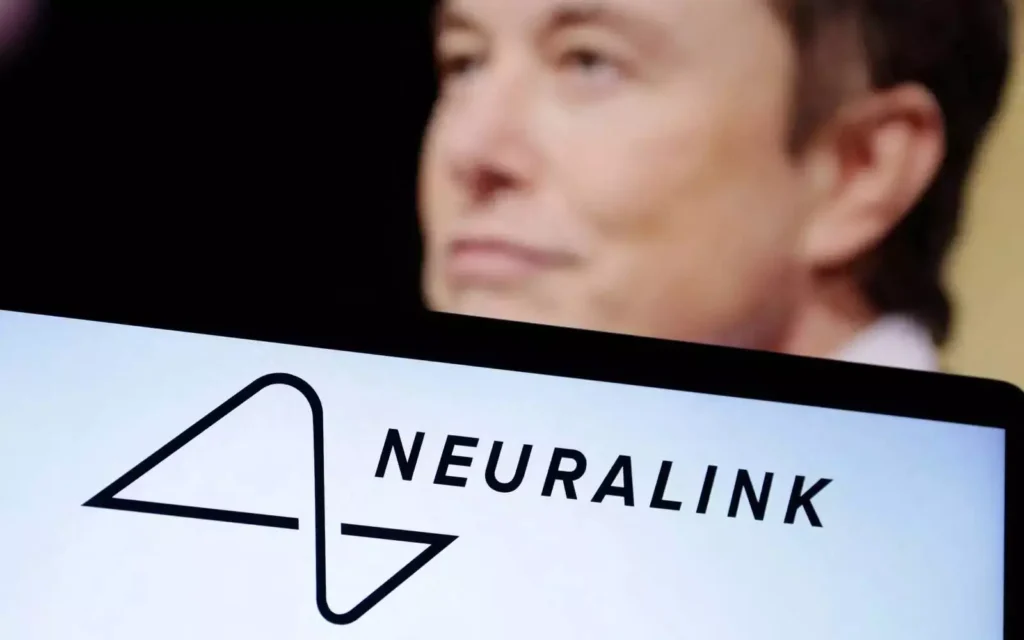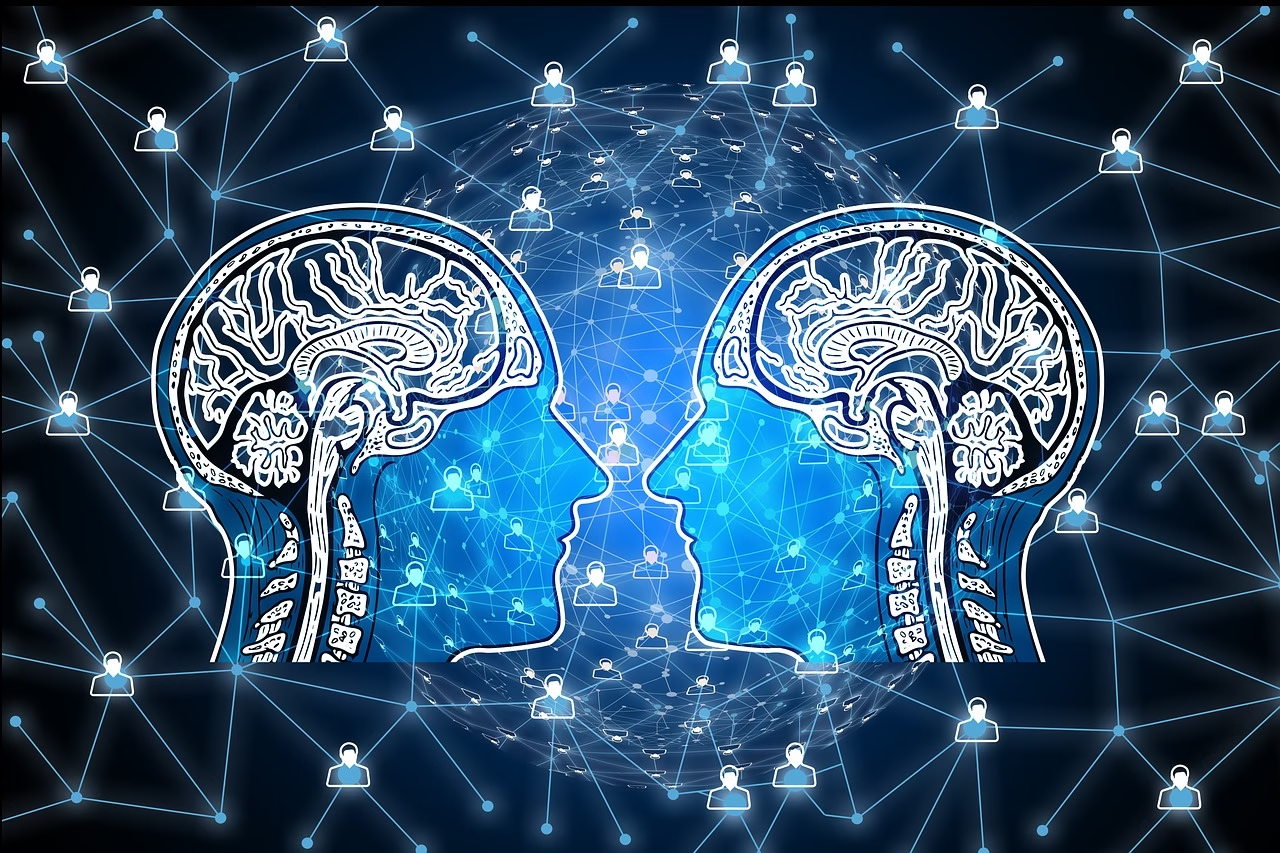
Elon Musk’s neurotech startup, Neuralink (outbound link), has achieved a pivotal milestone in medical innovation. In May 2023, the U.S. Food and Drug Administration (FDA) (outbound link) granted approval for human trials of its brain-computer interface (BCI) implant, marking a transformative moment in neurotechnology. Designed to empower paralyzed patients to control digital devices through neural signals, this advancement could redefine accessibility for individuals with severe motor impairments.
The Science Behind Neuralink’s BCI Implant: Merging Mind and Machine
Neuralink’s cutting-edge neurotechnology centers on a coin-sized implant embedded with ultra-thin electrodes. The device, surgically placed in the brain’s motor cortex, decodes neural activity and translates intentions into commands for external devices like computers or smartphones. Early trials aim to restore independence for quadriplegic patients, enabling tasks such as texting or wheelchair navigation through thought alone.
This breakthrough aligns with global trends in AI-driven healthcare solutions, positioning Neuralink at the forefront of the burgeoning neurotech industry. Competitors like Synchron and Blackrock Neurotech (outbound links) have also made strides, but Neuralink’s emphasis on wireless connectivity and scalability sets it apart.
Neuralink’s Animal Testing Controversy: Ethics Under Scrutiny
While the FDA’s endorsement is a landmark achievement, Neuralink faces intense scrutiny. Reports of rushed animal testing and alleged violations of the Animal Welfare Act (outbound link) have sparked outrage among ethicists and organizations like PETA (outbound link). Former employees claim that pressure to meet deadlines led to botched procedures on primates, raising concerns about the startup’s safety protocols.
Critics argue that the urgency to commercialize BCIs risks sidelining rigorous safety standards. However, advocates counter that Neuralink’s progress is vital for accelerating neurotech innovation, potentially unlocking treatments for Alzheimer’s, spinal injuries, and mental health disorders.
Neuralink’s Vision: Human-AI Integration and Cognitive Enhancement
Neuralink’s long-term ambition extends beyond medical applications. Elon Musk envisions a future where BCIs enable seamless human-AI integration, enhancing cognitive abilities and mitigating risks posed by artificial superintelligence. Imagine uploading knowledge directly to the brain or communicating telepathically—a sci-fi concept inching closer to reality.
Yet, this vision ignites ethical dilemmas. How will society address privacy breaches, cybersecurity threats, or socioeconomic divides amplified by “enhanced” humans? Regulatory frameworks must evolve alongside the technology to ensure equitable access and prevent misuse.
Explore How AI Agents Are Helping Startups Scale in 2024
The Road Ahead: Neuralink’s Clinical Trials and Market Potential
Neuralink’s FDA approval is just the beginning. Human trials will test the implant’s durability, accuracy, and biocompatibility over six years. Key hurdles include minimizing invasive surgery risks, preventing neural scar tissue buildup, and ensuring long-term user safety. Success could pave the way for mainstream adoption of BCIs, while setbacks might delay the neurotech revolution by decades.
Investors remain optimistic. The global BCI market, valued at 1.8billionin2023,isprojectedtosurpass1.8billionin2023,isprojectedtosurpass6 billion by 2030. Neuralink’s progress could catalyze partnerships with healthcare giants and tech firms eager to tap into next-gen human-machine interfaces.
Final Thoughts: Balancing Neurotech Innovation and Ethics
Neuralink’s FDA approval for human trials is a double-edged sword—a triumph of scientific ambition shadowed by ethical quandaries. As the startup navigates clinical challenges and public skepticism, its journey will shape the trajectory of neurotech innovation. For paralyzed individuals, the promise of regained autonomy is life-changing. For humanity, it’s a step toward redefining the boundaries of biology and technology.
Key Takeaways:
- Neuralink’s FDA-approved trials aim to help paralyzed patients control devices via brain signals.
- The BCI implant merges neuroscience and AI, sparking debates over ethics and safety.
- Animal testing controversies highlight the need for transparent R&D practices.
- Human-AI integration could revolutionize healthcare, communication, and cognition.
Explore The Startup’s Secret Weapon for Scaling Efficiently
-
Safest Jobs in the Age of AI – Insights Inspired by Geoffrey Hinton

As artificial intelligence (AI) continues to evolve at an unprecedented pace, one burning question echoes across boardrooms, classrooms, and factory floors alike: Which jobs are safe from AI? Geoffrey Hinton,…
-
Google Introduces ‘AI Mode’ in Search

Google has officially launched its much-anticipated Google AI Mode, marking a significant transformation in how people interact with search engines. This innovative feature represents the tech giant’s ambitious step toward…
-
The Future of AI in Data Science by 2026

The future of AI in data science is unfolding faster than ever imagined, and this comprehensive guide reveals exactly what the landscape will look like by 2026. Based on cutting-edge…